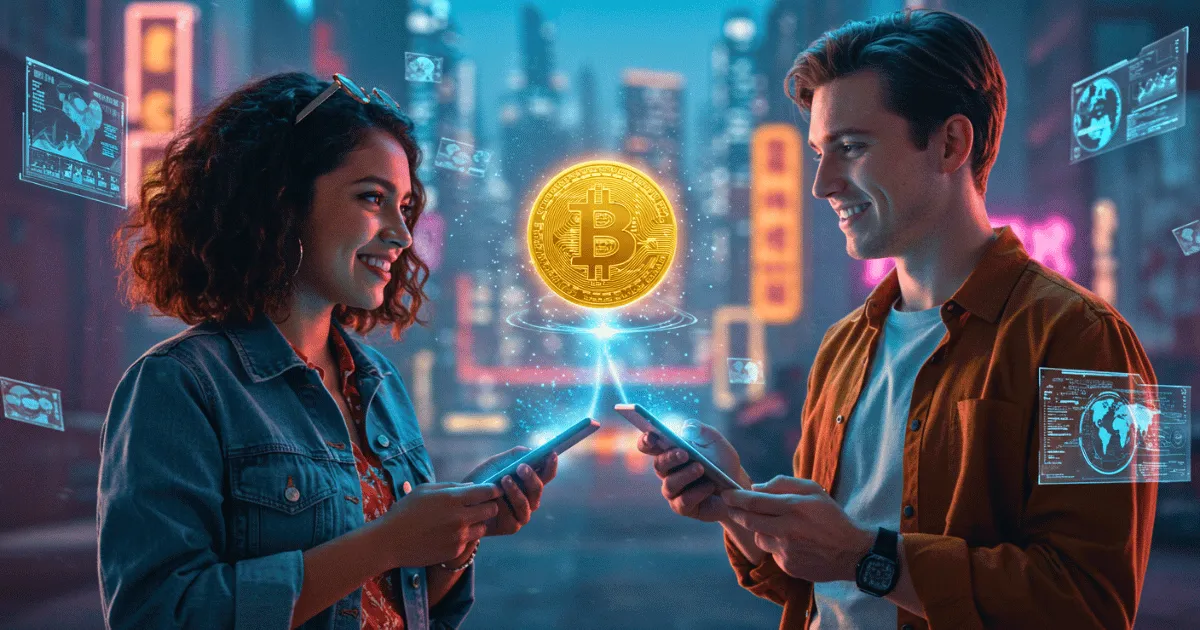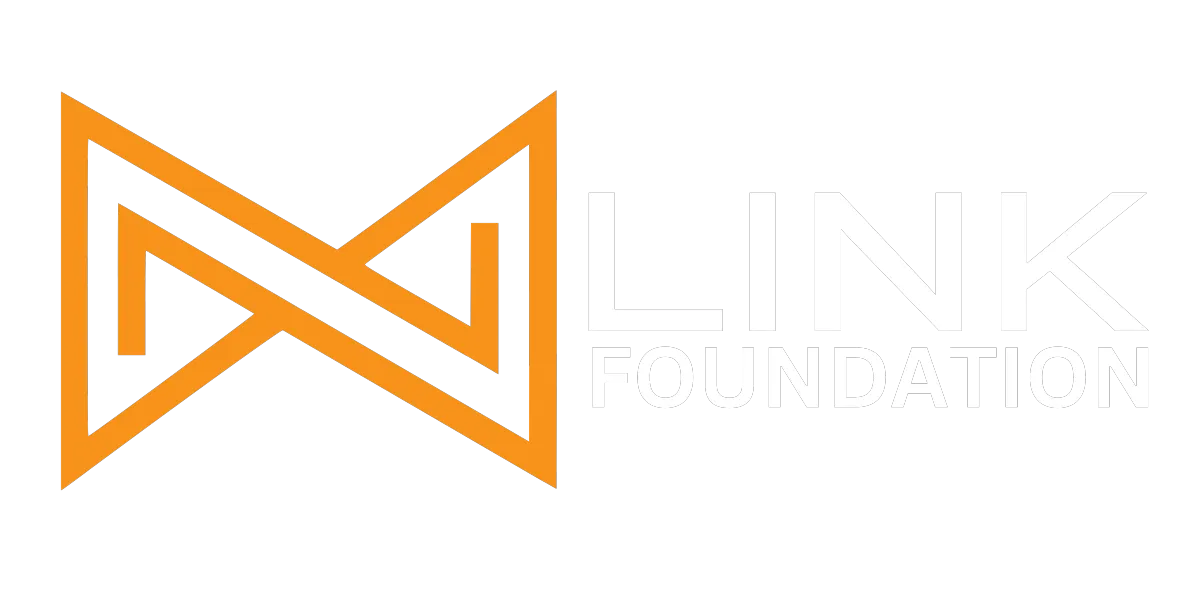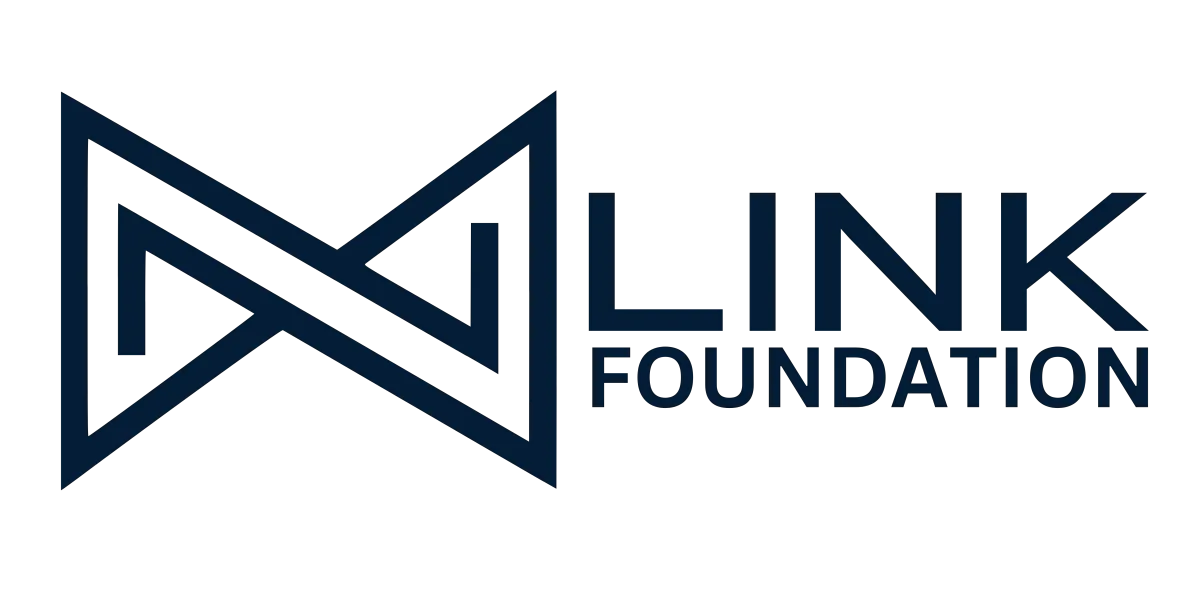
Bitcoin Powering a Global and Decentralized Economy
⏱️ Estimated reading time: 7–8 minutes
💡 Bitcoin is changing the way we think about money. But to really understand its power, we need to first understand: what is money, anyway?
💰 What Is Money, and Why Does ₿itcoin Matter?

Money is a technology we use to keep track of who owes what to whom—especially when we're dealing with strangers. Traditionally, this system is controlled by banks and governments. When you send money to someone, it’s not really instant: it goes through a process where a third party verifies, approves, and updates records.
🔄 Bitcoin flips that system. Instead of needing permission from a bank, Bitcoin allows two people to send value directly to one another. It’s like handing someone cash—but online, across continents, and in minutes.
🚀 A Beginner-Friendly Look at ₿itcoin
Bitcoin is a decentralized digital currency. It exists only online, not as bills or coins. You can use it to buy things or hold it like gold. But unlike traditional currencies, Bitcoin isn't controlled by any central authority.
Here’s what makes Bitcoin unique:
🧾 It works on a blockchain, a public record of all transactions
🔐 It prevents double spending—a problem digital money had before
🌍 It’s open to everyone—you only need an internet connection
📉 It’s capped: only 21 million bitcoins will ever exist
📲 A Simple Example: Ana and Luis
Ana lives in Mexico and wants to send money to Luis in Spain. If she uses a bank, the transfer takes days and charges fees. But with Bitcoin, she opens her wallet app, scans Luis’s address, and sends it. Within minutes, Luis receives the funds—no middlemen, no border friction.
⚖️ Why ₿itcoin Is Different from Traditional Money
Let’s compare:

⚡ Bitcoin offers a global, permissionless alternative that protects against inflation and censorship.
🛠️ How Does ₿itcoin Actually Work?

The Bitcoin network is powered by thousands of computers (called nodes) that store a complete copy of its transaction history. When a new transaction occurs, it is bundled into a "block."
Miners —specialized nodes—compete to validate these blocks by solving complex mathematical problems, a process called Proof-of-Work. Once a block is validated, it’s added to the blockchain, and the miner receives a reward in bitcoin.
As of the April 2024 halving, that reward is 3.125 bitcoins every 10 minutes. This amount is systematically reduced by half approximately every four years through an event known as the halving. For example, before 2024, the reward was 6.25 bitcoins, and the next halving—expected around 2028—will reduce it to 1.5625 bitcoins. This mechanism helps limit the supply and combat inflation.
This process:
✅ Confirms transactions without the need for a trusted third party
🔐 Makes the blockchain resistant to tampering (tamper-proof)
🔄 Introduces new bitcoins into the ecosystem in a predictable, controlled manner
💡 Bitcoin is not just a currency—it’s an ecosystem: the software, the decentralized network, and the digital asset itself.
🌎 ₿itcoin Around the World
Bitcoin is making waves globally. Some countries and even policymakers are beginning to treat it like digital gold.

El Salvador adopted Bitcoin as legal tender in 2021, and has built a sovereign Bitcoin reserve as part of its national strategy
Central African Republic followed with a similar initiative, making Bitcoin a legal currency alongside the CFA franc
In the United States, Senator Cynthia Lummis introduced the "Responsible Financial Innovation Act" to create a regulatory framework for digital assets, including a provision that would allow the U.S. Treasury to hold Bitcoin
In March 2025, President Donald Trump signed an executive order establishing a Strategic Bitcoin Reserve and a U.S. Digital Asset Stockpile. This initiative is designed to manage and centralize Bitcoin and other cryptocurrencies seized by the government, treating them as strategic national assets. The reserve, initially funded by approximately 200,000 bitcoins already held by federal agencies, underscores the administration’s intent to strengthen the U.S. position as a leader in the crypto economy
Bhutan, though discreet in its approach, has been actively mining Bitcoin using its abundant hydroelectric power. The government has used revenue from Bitcoin mining to support infrastructure and digital innovation projects, reflecting a long-term strategic investment in crypto-backed development
It’s also widely used for:
💸 Sending remittances across borders
🏦 Storing value in unstable economies
🛒 Online commerce and crowdfunding without banks
🔍 Privacy, Transparency, and Control

Bitcoin is transparent: all transactions are publicly visible. Yet it’s also pseudonymous: your identity is not tied to your wallet unless you choose to reveal it.
🔐 And most importantly—you control your money. No one can freeze your account or reverse your transaction.
🎓 Learn More With These Excellent Videos
🎥 What is Bitcoin and How Does it Work? – Clear and visual explanation in Spanish
🎥 How Bitcoin Works Under the Hood – In-depth technical breakdown in English
📘Investopedia – Bitcoin Explained
🎧 New! What Is Bitcoin? A Deep Dive Powered by AI
This episode was created using Google’s NotebookLM, as part of Link Foundation’s mission to help communities harness technology to learn, grow, and create.
In this short audio, we introduce the core ideas behind Bitcoin and explain why understanding money is key to understanding this powerful digital tool.
💭 Final Thoughts
Bitcoin is not just a currency. It’s an opportunity to rethink how we trade, save, and interact with money. With a fixed supply, strong security, and freedom from intermediaries, it offers a real alternative for those who seek more control and less restriction.
🚀 Ready to Start?
Read our post on how to protect your Black Friday purchases from scams and explore how cybersecurity intersects with your digital finances.





